Utah’s highways tumble through high-desert plateaus, red-rock canyons, and snow-capped mountain passes. For van-lifers, road-trippers, ski bums, and anyone caught too tired to keep driving, the lure of simply reclining the driver’s seat and calling it a night is strong. The catch is that parking regulations, trespass rules, and local ordinances vary widely across the state. Understanding the line between a legal catnap and a ticket—or even criminal charges—keeps both your wallet and your travels in good shape.
The Short Answer
There is no blanket state law that bans sleeping in a vehicle anywhere in Utah. What is illegal is parking where parking itself is prohibited, refusing to leave private property when asked, or turning an overnight rest into a makeshift campsite. Everything else—from rest-area naps to stealth overnighting on Bureau of Land Management (BLM) land—depends on where you stop and how you behave once you do.
Why Utah Doesn’t Ban Car Sleeping Statewide
Utah’s transportation and tourism leaders explicitly recognize fatigue as a crash hazard. Federal data show 633 people were killed nationwide in drowsy-driving crashes in 2023, while police linked more than 91,000 crashes to sleepiness in the most recent NHTSA estimate. Because southern Utah’s national-park corridors and northern Utah’s ski routes involve hours of highway driving, the Utah Department of Transportation (UDOT) actively encourages drivers to pull over and rest rather than push through fatigue. That endorsement is reflected in two policies:
• Thirty state-operated rest areas, welcome centers, and view areas are open 24/7.
• UDOT signage states “No Overnight Camping” but also allows “extended stays” for the purpose of fatigue recovery, typically interpreted as up to eight hours.
Where State Traffic Law Draws the Line
Even though the act of dozing off in your seat is not outlawed, Utah’s traffic code sets clear limits on where a vehicle may stand, stop, or park. Key prohibitions include sidewalks, crosswalks, within intersections, on bridges, inside tunnels, and along controlled-access highways. If your wheels end up in any of these spots, you’re illegally parked no matter why you’re there—sleeping, texting, or otherwise. Violations are infractions and usually carry fines, but they also give an officer probable cause to knock on your window and ask you to move along.
Local Ordinances That Matter
Utah’s 248 incorporated municipalities each set their own parking hours, snow-removal rules, and anti-loitering statutes. A few examples illustrate why checking ahead saves headaches:
• Salt Lake City prohibits parking for more than 48 consecutive hours on public streets and bans camping behaviors such as cooking or setting out bedding.
• Midvale bars certain vehicles—including campers and large vans—from street parking between 10 p.m. and 7 a.m. in residential zones.
• Logan enforces a winter parking ban from midnight to 6 a.m. on all city streets from November 15 to March 15 so plows can clear overnight snowfall.
• Moab limits overnight parking on downtown streets and within certain public lots to reduce congestion during the spring and fall tourist surges.
Violating a city ordinance typically results in a citation or tow. Ignoring an officer’s order to leave can escalate the matter to disorderly conduct, and refusing to identify yourself can trigger additional penalties.
Private Property and Trespassing Rules
Utah’s trespass statute makes it a Class B misdemeanor to remain on private property after being told to leave. Parking lots of big-box stores, ski resorts, churches, and shopping centers all count as private, even if they look like public spaces. Some retail chains famously tolerate overnight RV stays; others have posted “No Overnight Parking” signs because of liability concerns. Always seek explicit permission from the property manager. A friendly face-to-face request is far cheaper than a tow fee.
Public Lands: BLM, Forest Service, and National Parks
Roughly two-thirds of Utah’s acreage is public land, and regulations vary by agency:
• BLM land: Dispersed camping is generally allowed for up to 14 days within a 28-day period. Sleeping in a vehicle is treated the same as pitching a tent, as long as you stay on previously disturbed surfaces and at least 200 feet from water sources.
• National Forests: Most ranger districts allow roadside camping unless the area is closed by order. However, high-elevation trailheads often carry overnight-parking fees or seasonal closures.
• National Parks: Parking lots inside Zion, Bryce Canyon, Arches, Canyonlands, and Capitol Reef are for day use only unless you hold a campground reservation. Rangers will ask you to leave after dark to stop overcrowding and wildlife conflicts.
• State Parks: Nearly every Utah state park offers established campgrounds that accept vehicle campers; reservations are recommended during summer and holiday weekends.
Keep in mind that public-land rules focus on resource protection. Extending slide-outs, running a generator, or leaving trash can earn a citation for illegal camping even if you never left the driver’s seat.
Lewdness and Open-Container Complications
Even if you are legally parked, you can still run afoul of other laws. Utah’s lewdness statute criminalizes sexual activity “in a public place or under circumstances likely to cause affront,” a charge sometimes applied to amorous couples in steamy cars. An open beer can on the center console is another quick route to legal trouble; Utah’s open-container law applies to any alcoholic beverage inside a motor vehicle, occupied or not. In short, keep activities strictly PG and stash intoxicants in the locked trunk.
Impact on the Homeless Community
Utah’s annual Point-in-Time count recorded 4,584 people experiencing homelessness on a single night in January 2025—a rate of 13 per 10,000 residents. Many rely on vehicles as temporary shelter. While advocates argue that punitive parking rules criminalize poverty, municipalities contend they need overnight restrictions for snow removal, sanitation, and neighborhood safety. Some cities have designated safe-parking lots with restrooms, security patrols, and social-service outreach to balance both concerns. If you are vehicle-dwelling long-term, seeking out these programs can prevent repeated citations and connect you with housing resources.
Penalties for Getting It Wrong
• Parking infractions: $25-$60, depending on the city.
• Trespassing on private property: up to six months in jail and a $1,000 fine if charged as a Class B misdemeanor—but most first-time offenders receive a ticket rather than jail.
• Illegal camping on public land: fines start at $100 and can include eviction from the area.
• Refusing to comply with an officer’s lawful order: upgraded to disorderly conduct or obstruction, both misdemeanors.
Strategies for Legal, Low-Stress Overnighting
Choose Safe Legal Spaces
- UDOT rest areas and welcome centers (aim for an 8-hour stay or less).
- Truck stops along I-15 and I-80 (common courtesy: use RV lanes and buy fuel or food).
- Large retail parking lots only with management approval—ask first, shop inside, and park on the far edge.
- Designated campgrounds in state or national parks; reserve ahead when possible.
- BLM pull-outs at least 100 yards from major highways; check for “No Camping” signs.
- Friends’ or family driveways (written permission avoids HOA disputes).
Follow Best Practices for Stealth and Safety
• Arrive late, leave early; avoid setting up chairs, tables, or grills.
• Keep interior lights dim and curtains drawn.
• Lock doors and crack a window for ventilation.
• Run the engine only briefly for climate control; carbon-monoxide buildup can be fatal.
• Stow valuables out of sight and enable your phone’s location sharing with someone you trust.
Frequently Asked Questions
Do rest areas really allow overnight stays?
Yes—UDOT policy permits motorists to rest “as long as needed to combat fatigue.” The unwritten limit is roughly eight hours, and rangers frown on anything resembling camping (lawn chairs, barbecues, slide-outs).
Can police make me take a sobriety test if I’m parked?
If an officer observes you in the driver’s seat with the keys accessible and suspects impairment, they may initiate a DUI investigation—even if the engine is off. The safest course is to place keys out of reach and demonstrate you do not intend to drive until sober.
What about sleeping on residential streets?
Unless a city explicitly bans it, sleeping in a legally parked car on a residential street is not a crime. Neighbors may still call police if they feel the vehicle is suspicious. A polite explanation usually resolves the situation, but be prepared to move if asked.
Do I need to crack my windows in freezing temperatures?
Yes, at least slightly. A human exhales about a pint of water overnight; without ventilation, condensation can fog windows and foster mold. Use insulated window covers and a quality sleeping bag to stay warm while allowing minimal airflow.
Can I fight an overnight-parking ticket?
You can, but success hinges on proving the vehicle was legally parked despite the local rule cited. Photos of absent signage, conflicting municipal code sections, or documented permission from a property owner can help. Most courts schedule informal hearings for minor parking tickets; showing up prepared often reduces the fine.
Conclusion
Sleeping in your car in Utah is more legal than illegal, but only if you master the patchwork of state rules, city ordinances, and land-management policies that govern where you park. Think of it as three simple questions: Am I parked legally? Do I have permission to be here? Am I behaving like a considerate traveler rather than a camper? Answer “yes” to all three and the Beehive State’s dark skies, crisp alpine air, and wide-open highways become your safe, legal bedroom on wheels. Answer “no” and the flashing red-and-blue lights in your rearview mirror may cut the night short. Drive rested, park smart, and Utah will welcome you to sleep soundly under its famous star-filled sky.
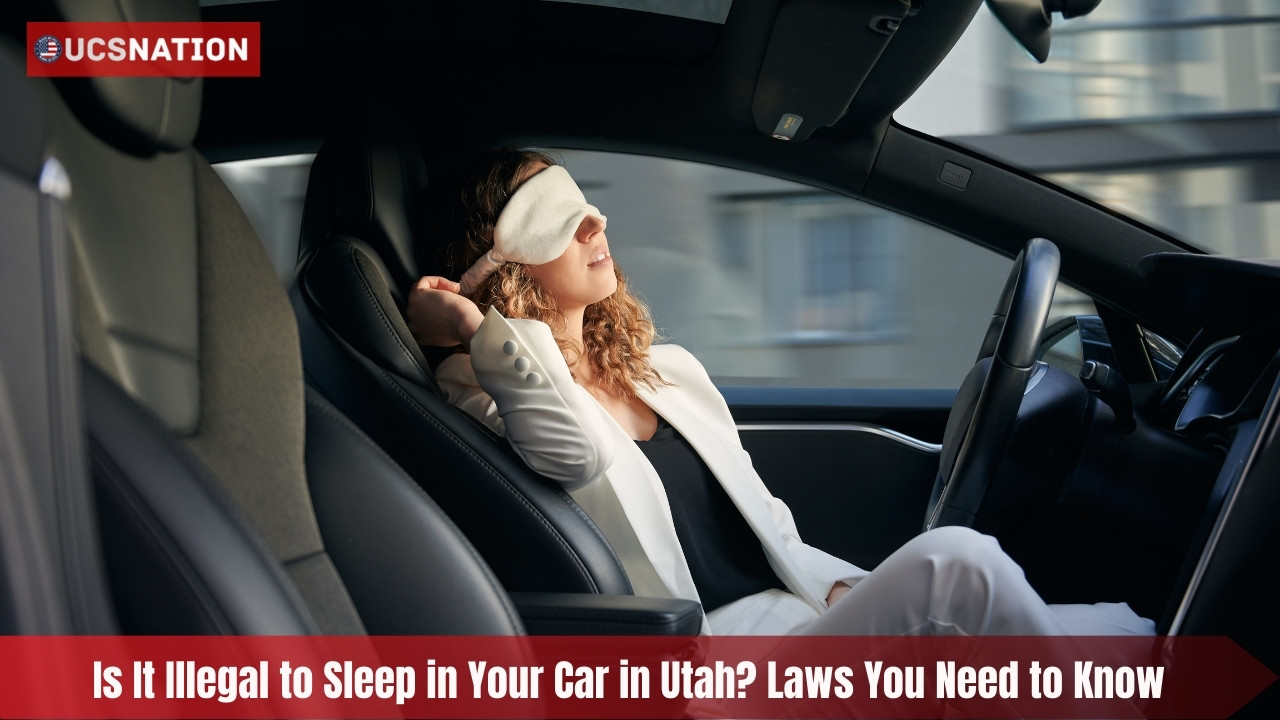
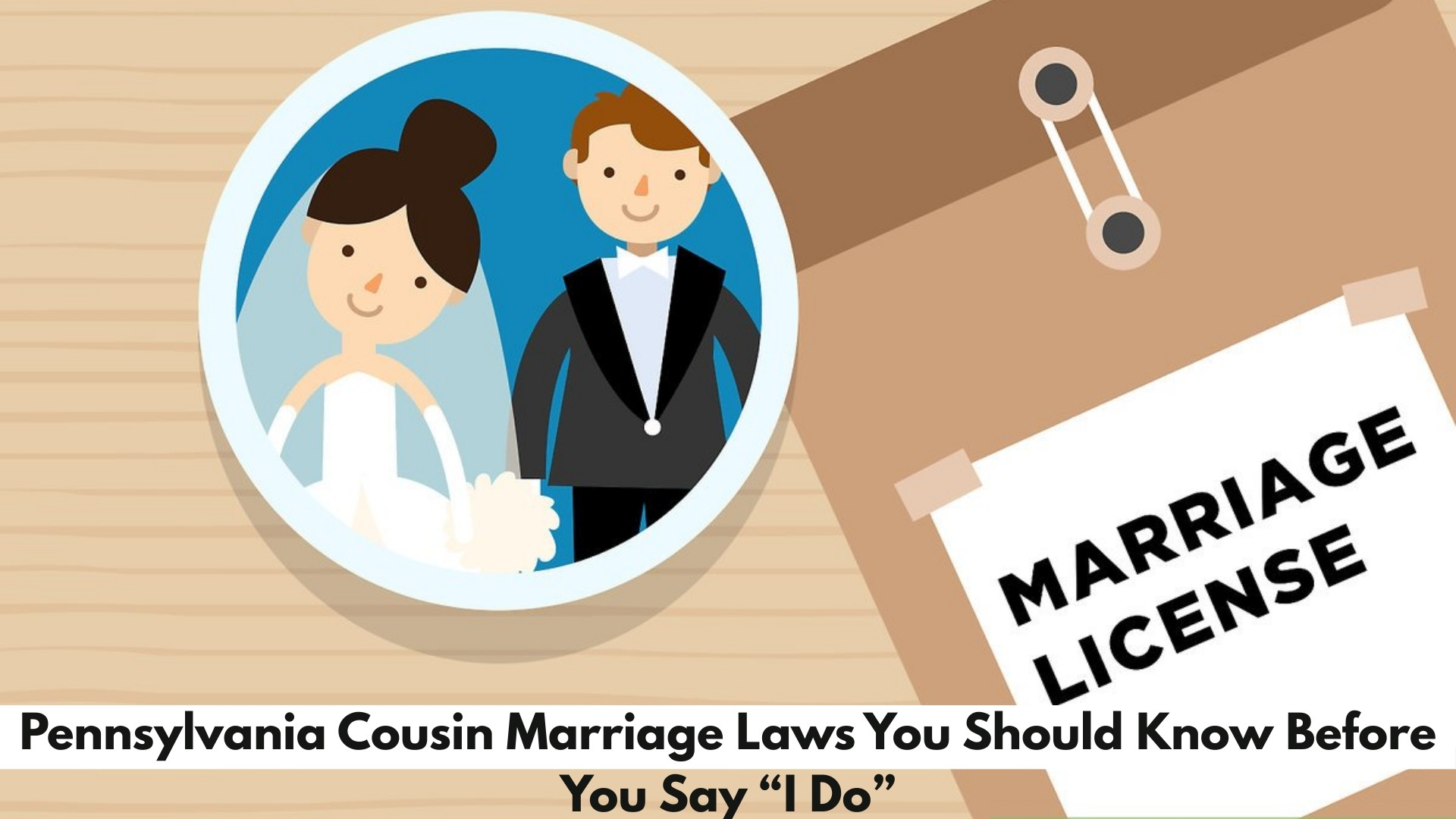
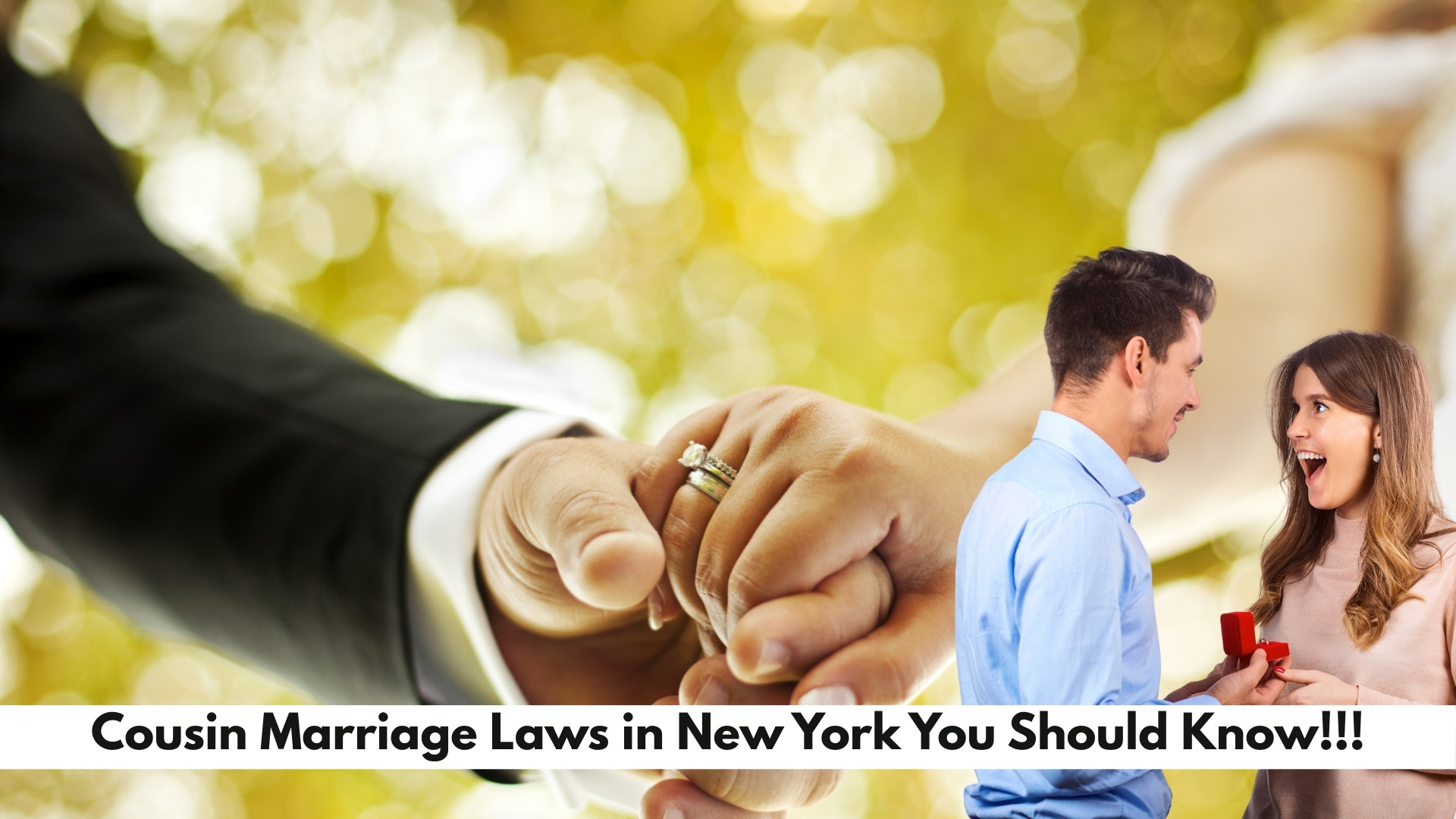
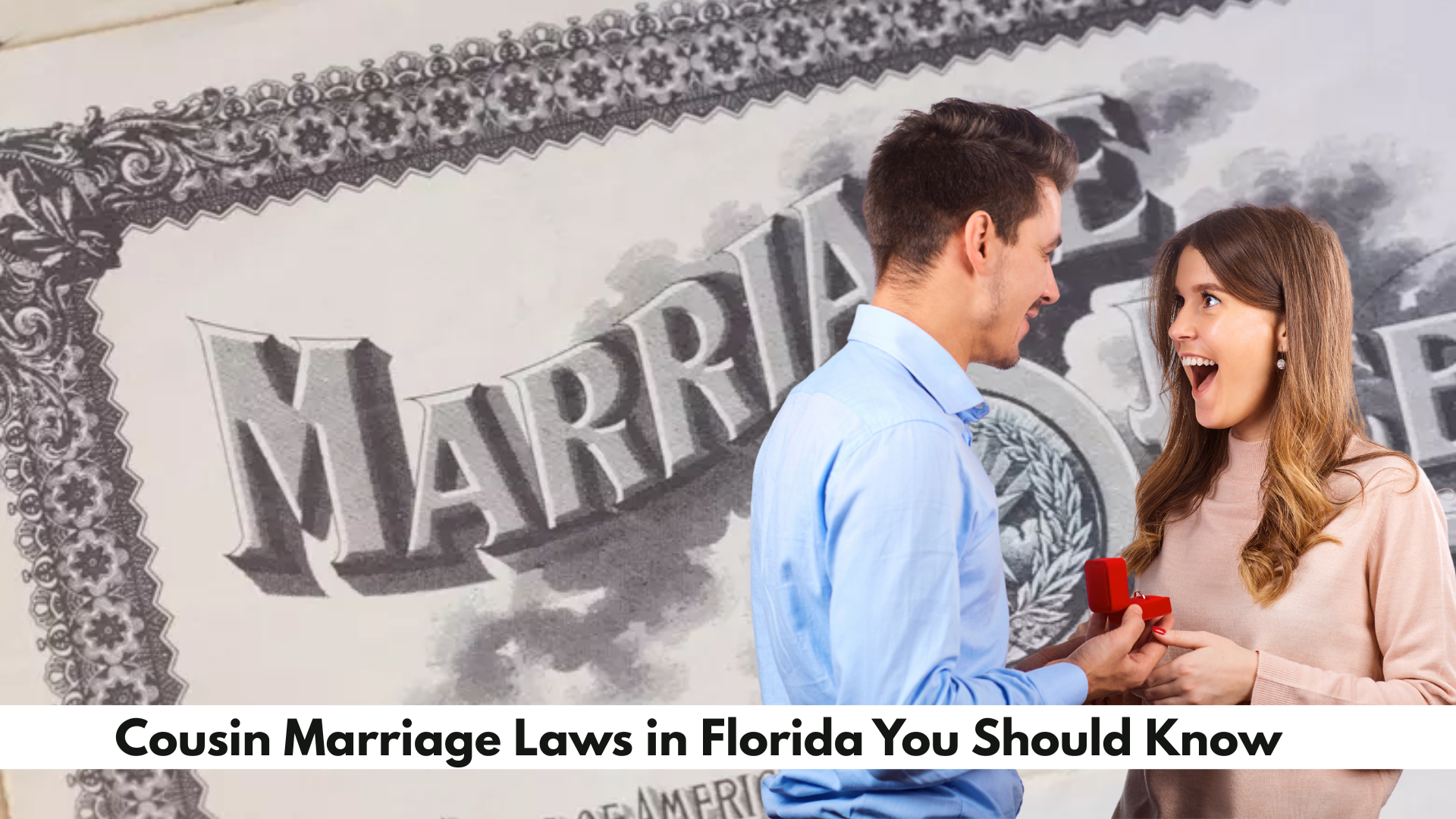
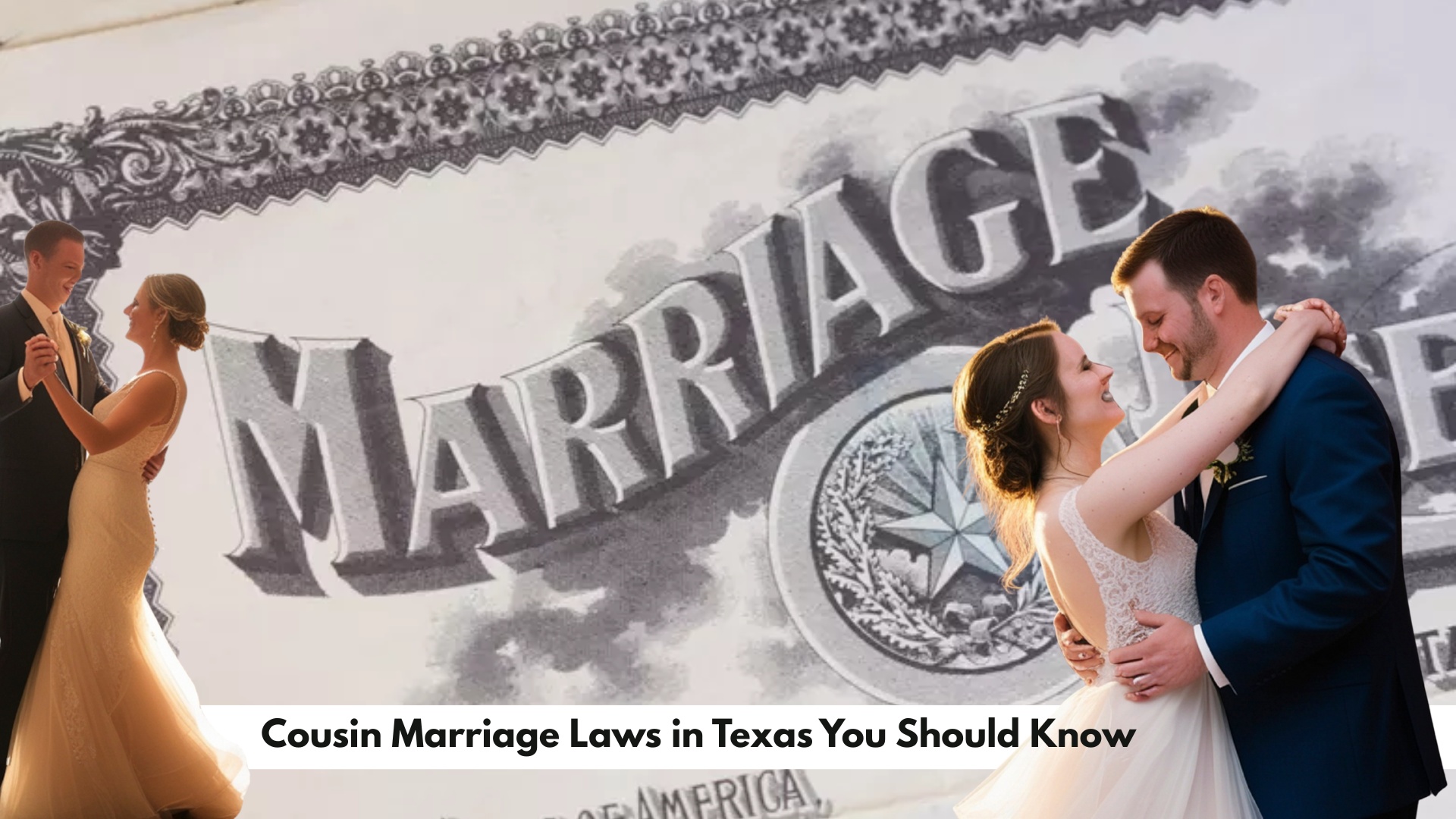

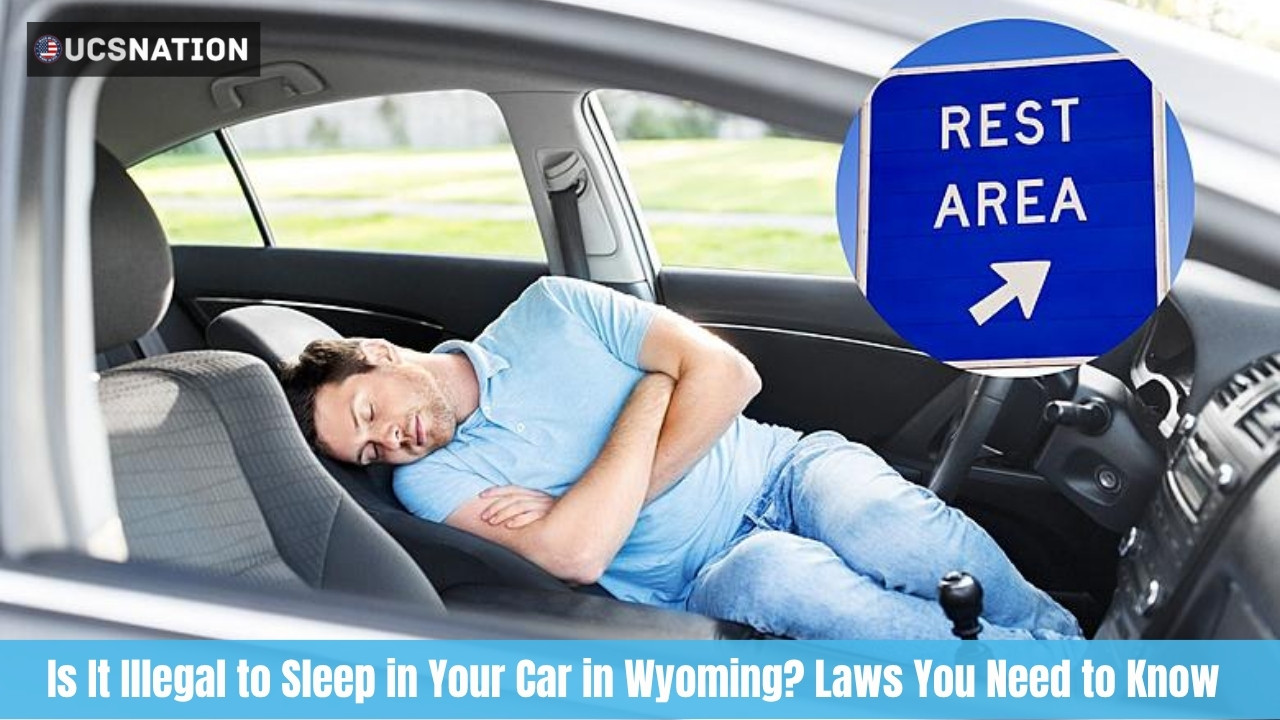
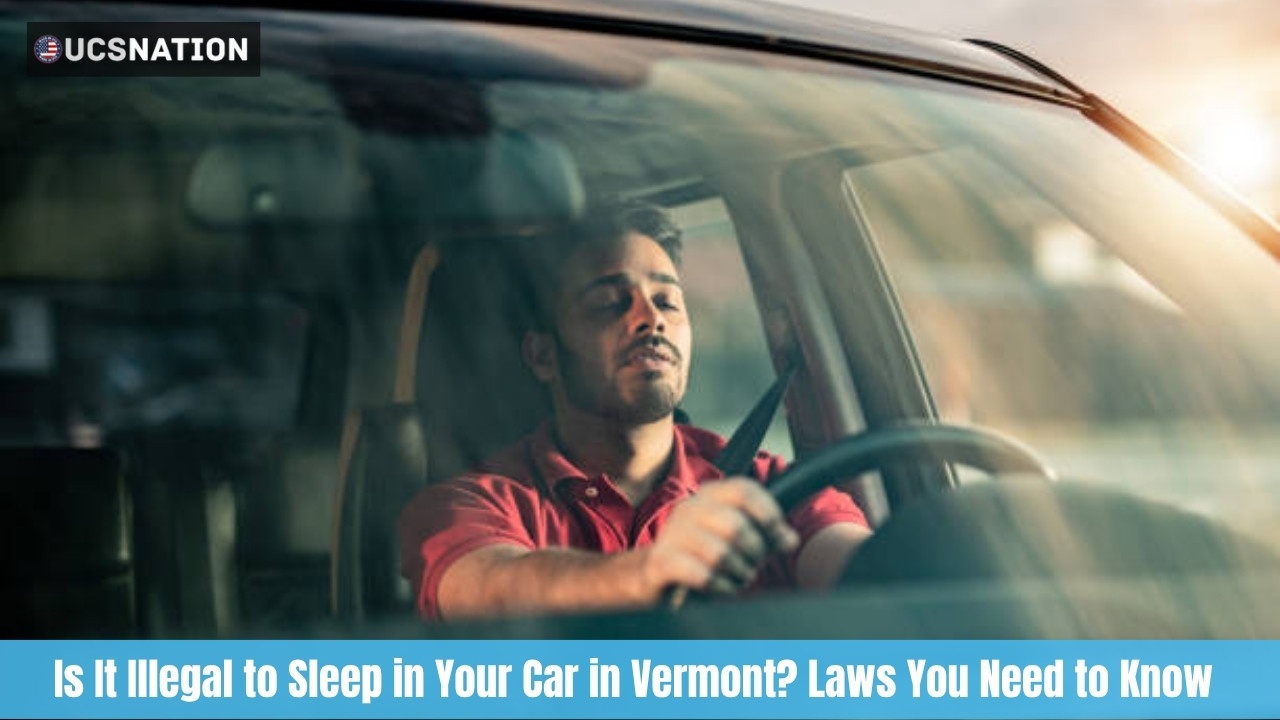
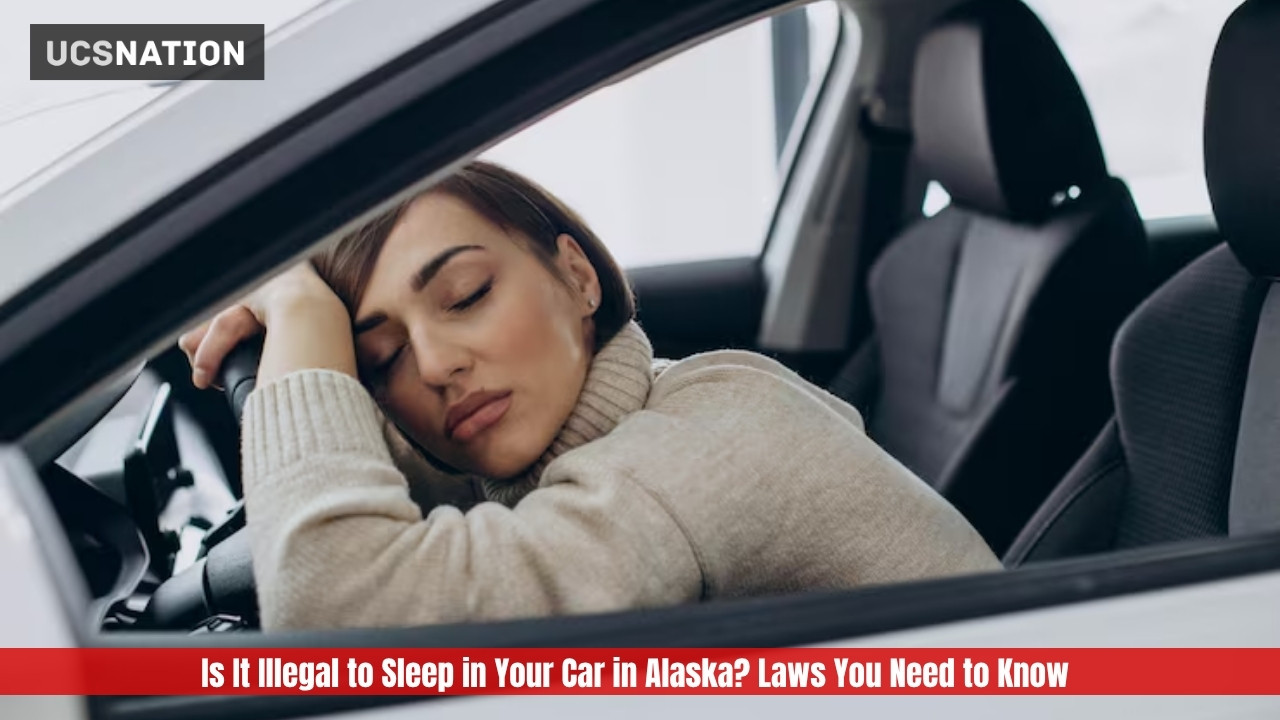
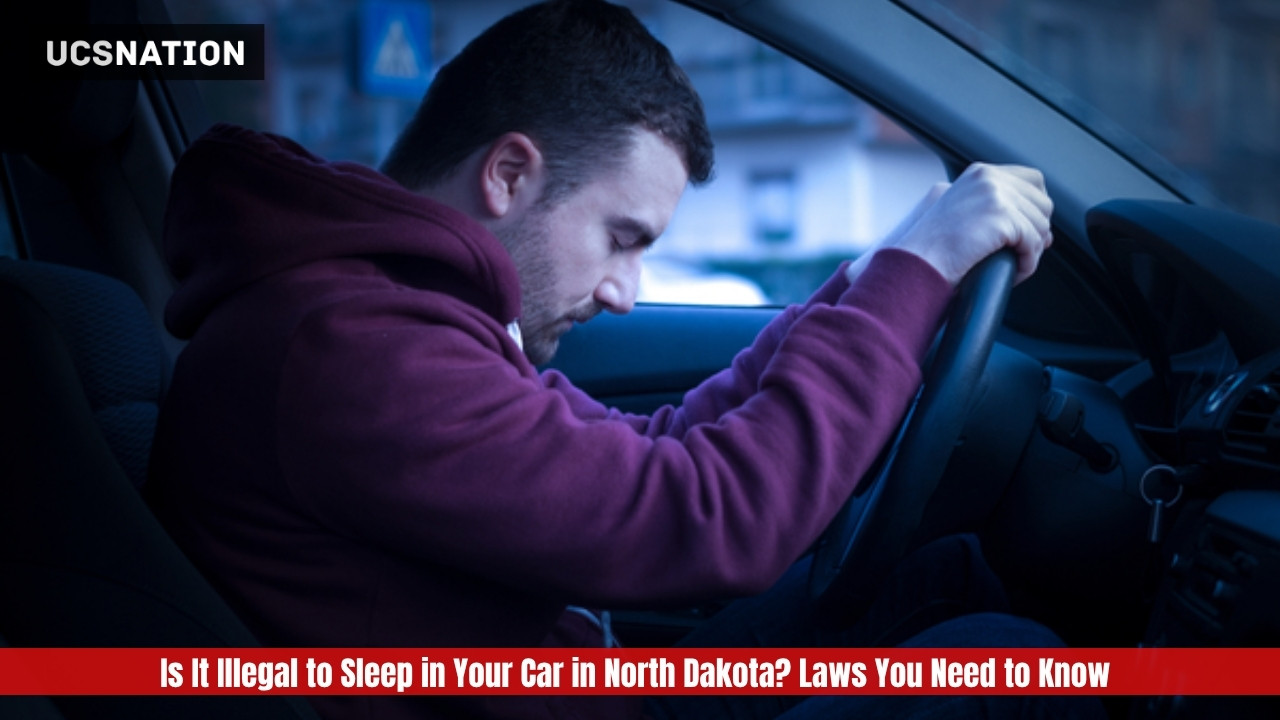
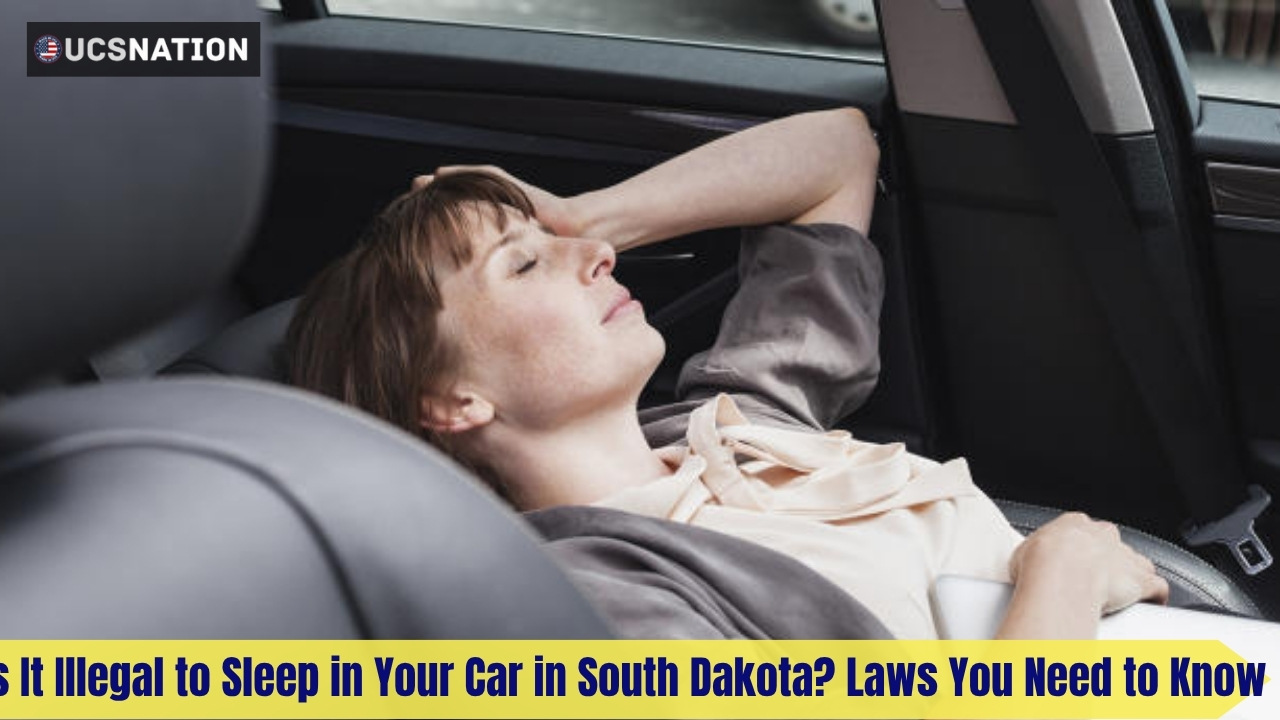




Leave a Reply